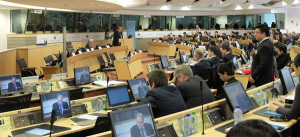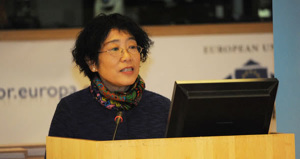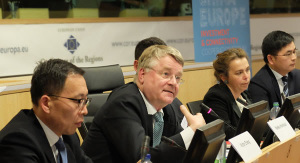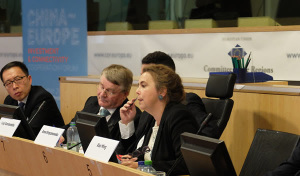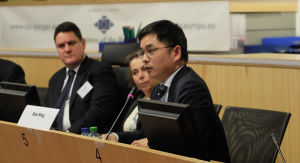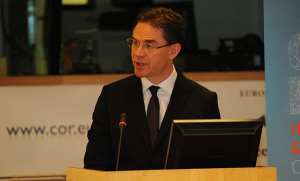China-Europe Investment and Connectivity Cooperation: Where We Stand, Where We Go
A Future of Cooperation Ahead
- Joint development and promotion of mobile technologies for 5G;
- Encouragement of Chinese investments in advanced European digital infrastructure and services, in tandem with the new EU Investment Plan of EUR 315bn targeting 21st Century strategic infrastructures;
- Enhanced cooperation on Smart Cities, Smart Energy, and Internet of Things;
- Creation of a High Level Task Force to identify concrete new opportunities for European businesses in China and Chinese businesses in Europe, in fields such as Hi-Tech Innovation, E-commerce, On-line Services, Cloud Services, Big Data;
- Establishment of major investment funding and incentives focused on incubating hi-tech startups
and collaborative innovation in both Europe and China.

